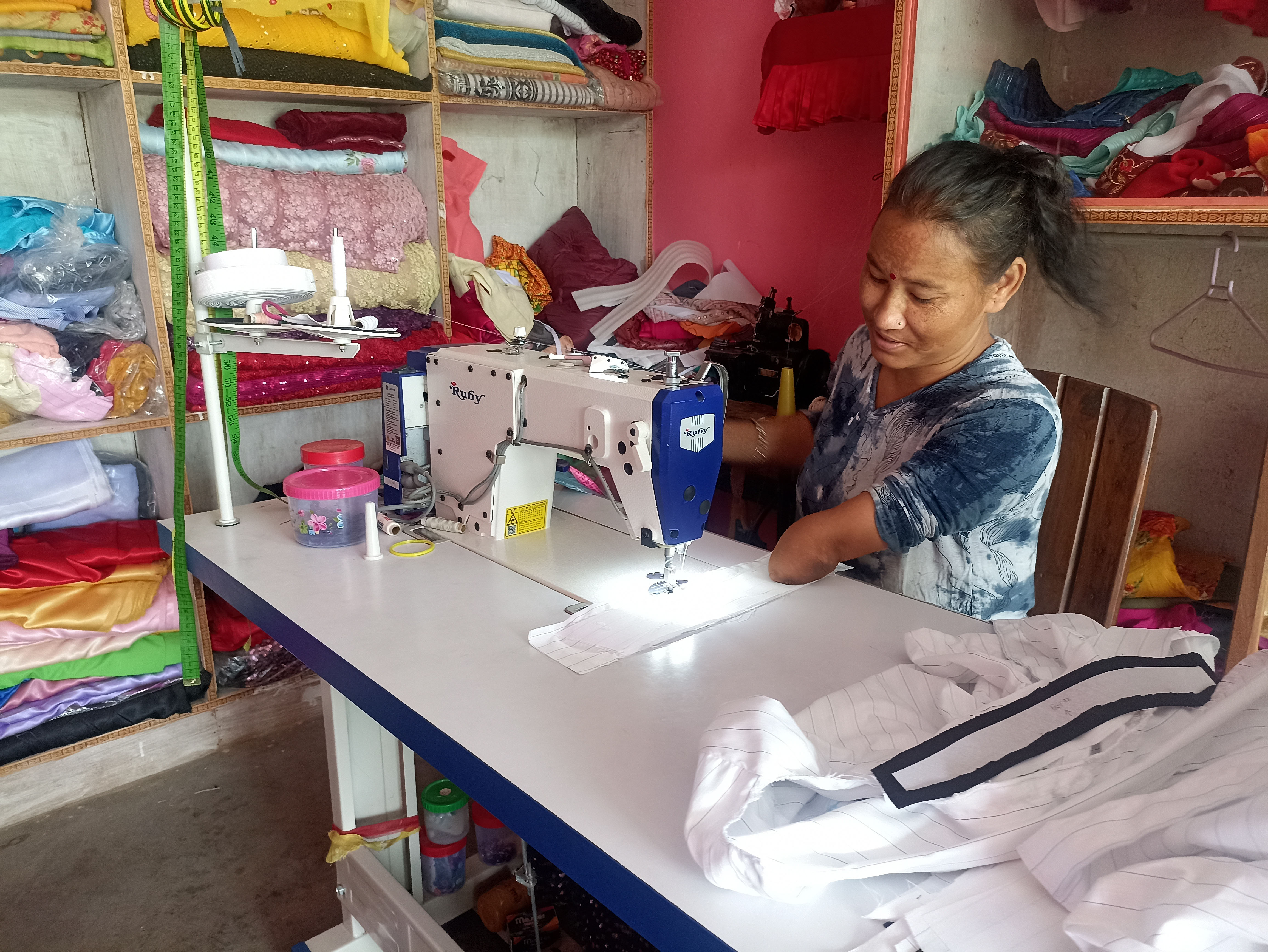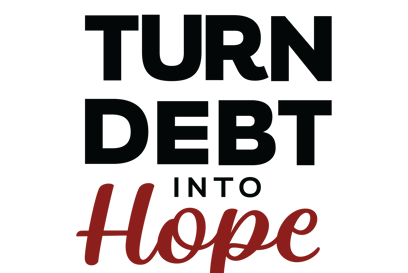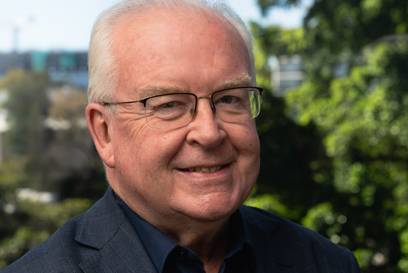For more than 60 years, Caritas Australia has stood alongside vulnerable communities, empowering them to create lasting change. One of the key ways we are able to do this is through our partnership with the Australian NGO Cooperation Program (ANCP) – an Australian Government program that has helped us expand our reach, deepen our impact, and ensure that communities most in need have the opportunity to thrive.
What is the ANCP?
The ANCP is the Australian Government's longest running and largest NGO partnership program that has supported communities around the world for more than 50 years. It provides funding to support high-quality, community-led development projects in countries across Asia, Africa, the Pacific, and beyond.
The ANCP leverages the resources and expertise of NGOs like Caritas Australia who have undertaken a rigorous accreditation process. By combining the resources of the Australian Government with the generosity of the Australian public and the expertise of local organisations, the ANCP ensures that communities receive the support they need to build a better future.
Thanks to the ANCP, Caritas Australia can support projects focused on critical areas such as health, livelihoods, gender equality, food security and disaster preparedness. From supporting people with disabilities, to strengthening resilience against natural disasters, ANCP-supported projects can empower people in vulnerable communities to become leaders of change.
ANCP impact in 2024/2025
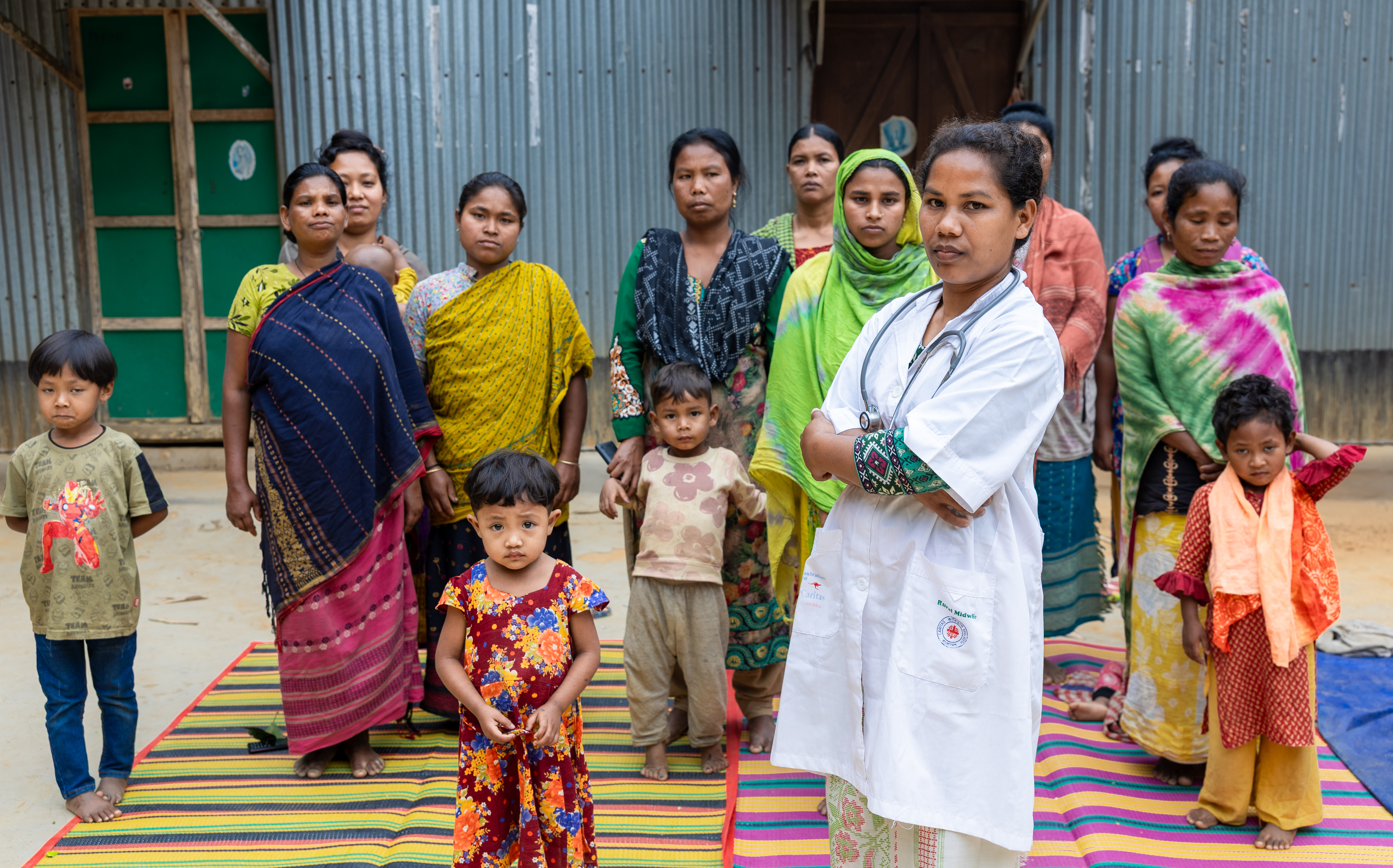
1,001,475 people reached
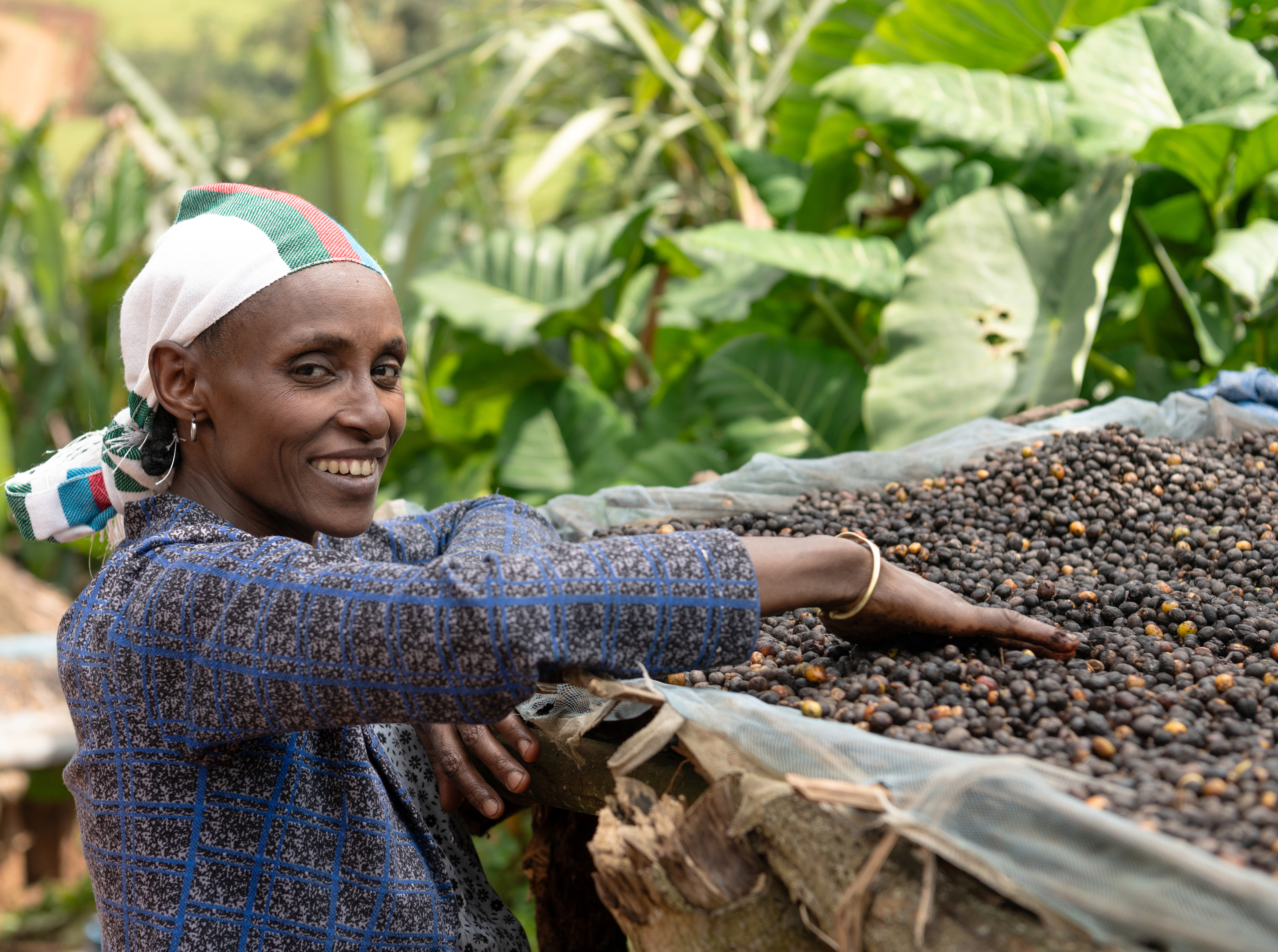
Worknesh on her farm in Ethiopia. Photo: Caritas Australia.
262,507 participants
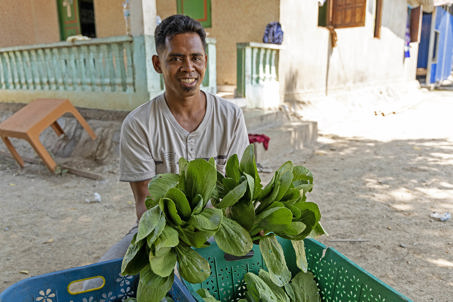
Chiquito can now grow a wide variety of crops. Photo: Tim Lam/Caritas Australia
19 projects
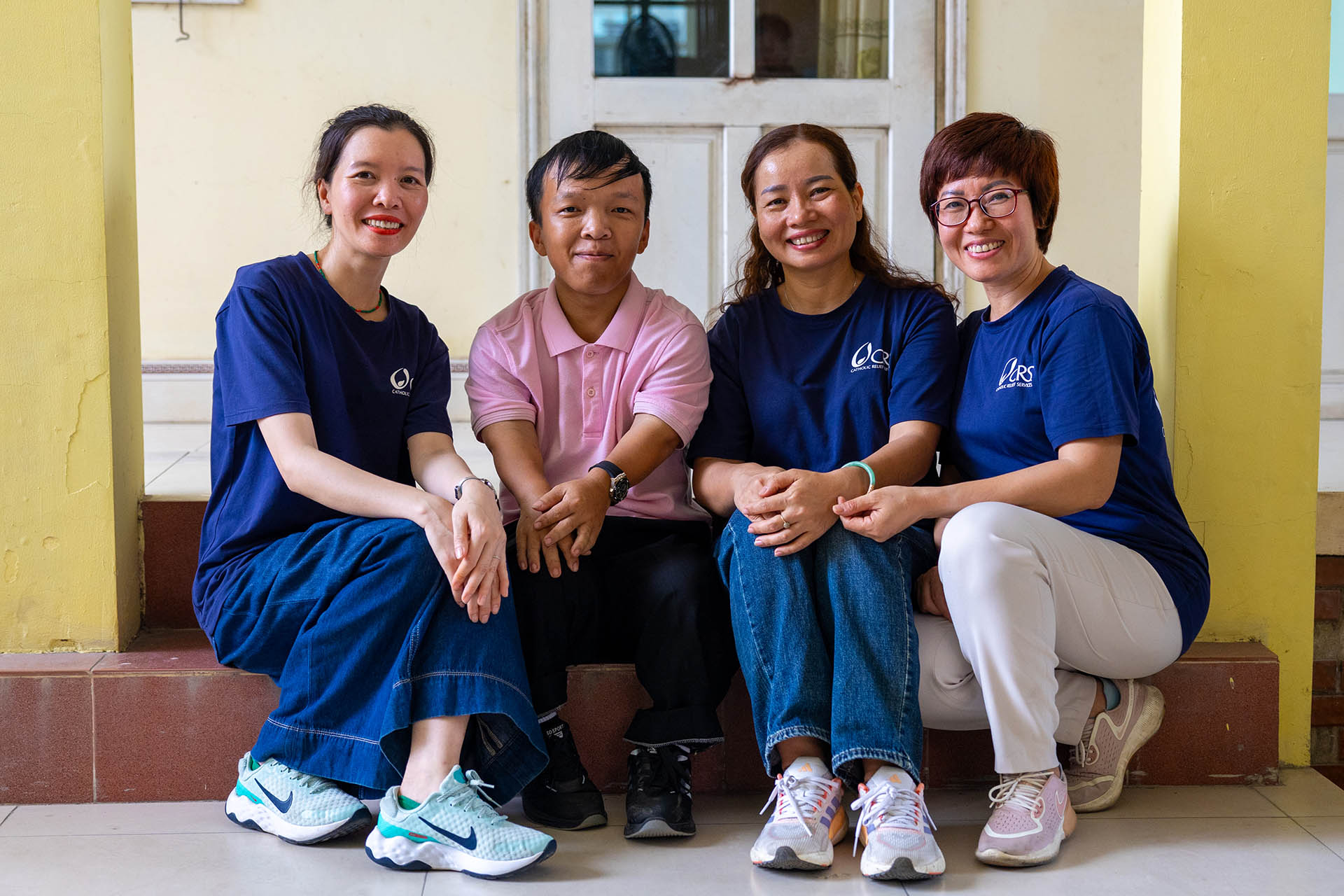
Lam sits with Catholic Relief Services (CRS) staff where the I-SHINE program is run. This program supported his completion of an IT training course. Photo: Caritas Australia
32 partners
Fir Kumari’s story: empowering people with disabilities in Nepal
One of the programs supported by the ANCP is the Nepal Livelihood and Resilience Program (NLRP-II), run by our partner Caritas Nepal. The program is designed to strengthen livelihoods and promote inclusion for communities in Nepal, including people with disabilities.
One of the participants, Fir Kumari, lives with her husband, daughter, and mother-in-law. Born with a physical impairment affecting her left elbow, she faced challenges in farming, which is her family’s primary livelihood.
Fir Kumari taught herself to sew by observing a neighbour’s tailoring shop and, after 18 months of practice, began sewing clothes on her own. Despite initial fears that people might doubt her abilities, her skill and dedication quickly earned her customers’ trust.
In 2024, she joined the project after being recommended by her local municipality. Through this program, she attended a Person with Disabilities (PWD) network meeting, where she was later elected vice-chairperson.
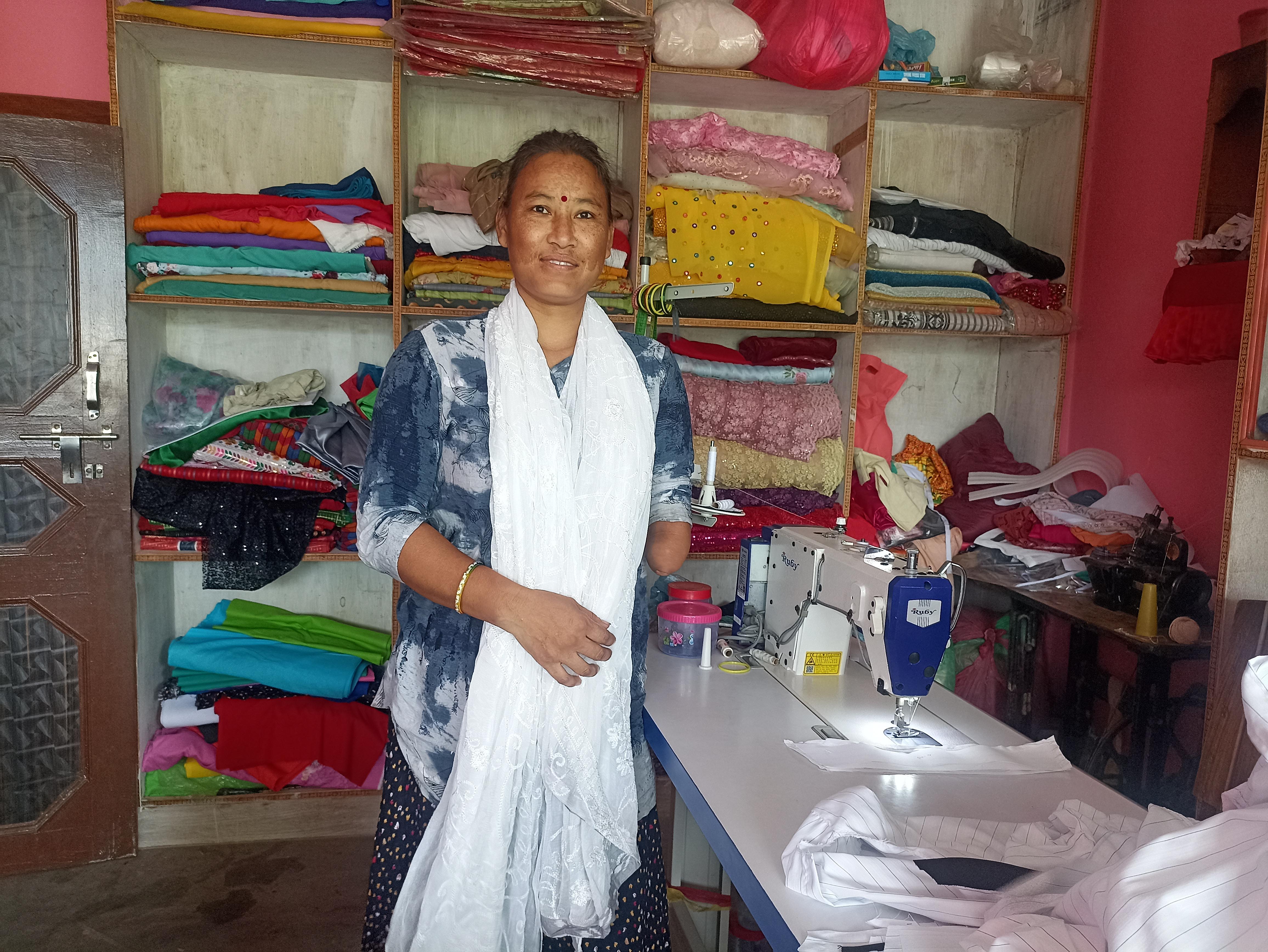
The project supported Fir Kumari to purchase an electric sewing machine, which dramatically increased her productivity. Photo: Caritas Nepal
I discovered that people with disabilities can work just like anyone else and earn a living. This realisation made me even prouder of my efforts,” she shared.
In early 2025, Fir Kumari received a small business grant to upgrade her equipment. She purchased an electric sewing machine, which dramatically increased her productivity.
“It took me about 2.5 to 3 hours to sew one set of cord-set, but now I complete in 1.5 hours. Operating this machine requires much less physical effort since it's electric, saving me 50% of the time compared to before,” she said.
With her improved efficiency, Fir Kumari has doubled her income within four months. She is also saving regularly and investing in her daughter’s education. Her next goal is to expand her tailoring business, employ others, and train women in her community to become financially independent.
“I hope that this program continues, and if people like me, who have disabilities and want to do something, could also be supported like I have been, it would be wonderful,” she shared.
Building resilience and leadership in Tonga
In the Pacific, ANCP funding supports programs that build resilience against the increasing frequency and intensity of natural disasters.
In Tonga, 25-year-old Tellos participated in the Save, Reduce, Rebuild project, which provides disaster risk reduction (DRR) and emergency preparedness training.
Tellos joined the project after being invited to a Training of Trainers program for young people.
“I decided to join the project because it would help me to learn more about how I can strengthen my knowledge about emergency preparedness to protect my sister and also help my community,” he said.
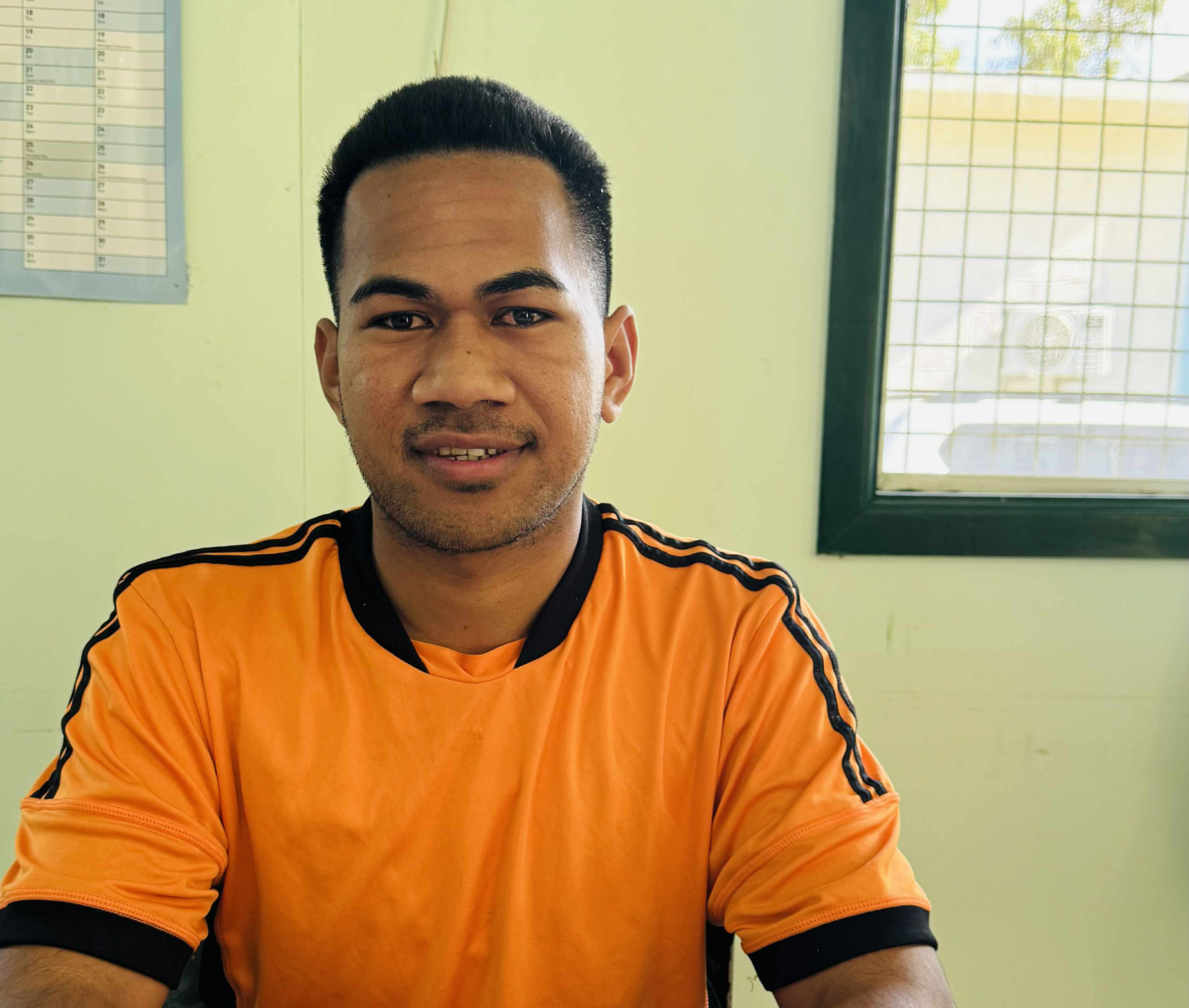
Tellos learned critical skills in community-led disaster risk management. Photo: Caritas Tonga
Through the project, Tellos learned critical skills in community-led disaster risk management. He went on to deliver two community workshops in his region, teaching others about evacuation procedures, safe shelters, and emergency responses.
An example from the workshop that Tellos shared was that in the aftermath of the Hunga Tonga Hunga Ha’apai volcano eruption, some of the participants did not know the evacuation routes or where to go in the aftermath of a tsunami. After attending the training, they now know where evacuation centres are located and the importance of fleeing to high ground immediately after an earthquake and tsunami.
Tellos’ leadership is a testament to how youth can play a vital role in creating safer, more resilient communities. He hopes to continue working with Caritas Tonga in community outreach, helping more people prepare for future emergencies.

Along with your generous support, this program is supported by the Australian government through the Australian NGO Cooperation Program (ANCP).





